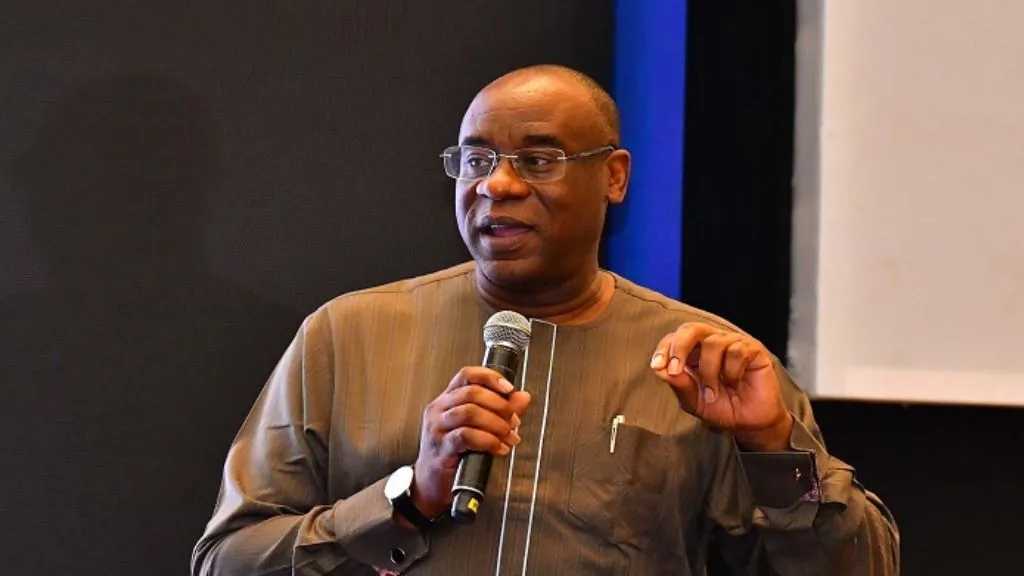The Central Bank of Nigeria (CBN) on Tuesday raised the Monetary Policy Rate (MPR), which measures interest rate, from 18.5 percent to 18.75% in a bid to curb inflation.
Folashodun Shonubi who is Acting CBN Governor made this announcement on Tuesday after the bank’s Monetary Policy Committee (MPC) meeting in Abuja.
This is the first decision of the monetary committee since President Bola Tinubu’s assumption of office on May 29, 2023.
It is also the first decision of the committee in about a decade without embattled Godwin Emefiele who was suspended as the governor of the apex bank on June 9, 2023.
Africa Today News, New York recalls that last week, Nigeria’s headline inflation rose to 22.79% in June from the 22.41% recorded in May 2023 amid soaring food prices and rising cost of transportation occasioned by the removal of subsidy on Premium Motor Spirit known as petrol.
This was according to the latest Consumer Price Index (CPI) report released by the National Bureau of Statistics (NBS). The CPI measures the rate of change in prices of goods and services.
Shonubi, who addressed pressmen at the CBN headquarters in Abuja on Tuesday, said “hiking the interest rate has made a lot of difference in moderating the rate of inflation”.
The CBN MPC voted to hike MPR by 25 basis points to 18.75% from 18.5%. The committee narrowed asymmetric corridor to +100/-300 from +100/-700 and retained the Cash Reserve Ratio (CRR) at 32.5%
He also said the volatility around foreign exchange rates would soon normalise.
Africa Today News, New York had on Monday reported that the Ghanaian Central Bank has announced the increase of key interest rates 30% in a determined bid to curb the country’s soaring inflation.
Africa Today News, New York reports that this hike represents a 0.5% increase.
The hike was announced on Monday evening at the end of its monetary policy meeting.
‘A hike in rates is the best way to go in the midst of the crisis,’ financial analyst Richmond Frimpong told reporters on Tuesday morning.
This makes it more expensive to borrow money, and is intended to reduce consumer spending.

